On Genesis, Part 53: Surrender and Submission
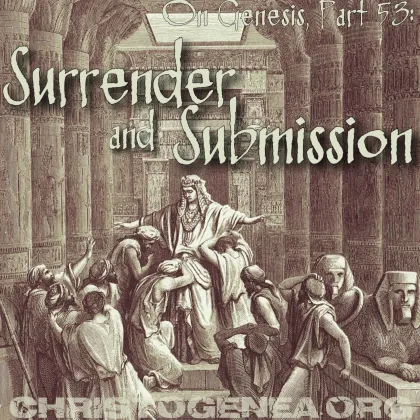
On Genesis, Part 53: Surrender and Submission
As we have progressed through these later chapters of Genesis and the life of Joseph in Egypt, we have attempted to illustrate the many ways in which events in the life of Joseph had been Figures of the Messiah, where it becomes evident that the account of the life of Joseph serves as a prophetic type for the ministry and purpose of Yahshua Christ. Now here we shall also venture to assert that the very circumstances under which Jacob and his sons had been compelled to submit to Joseph and go to Egypt for salvation from the famine also foreshadow the circumstances by which all of the seed of Israel, in these last times, shall ultimately find their salvation in Christ. So in that manner, Jacob and his sons are a prophetic type for their own future descendants.
First, Israel was found in Angst and Desperation as the seven years of famine pressed on, and even more so when his sons had returned from Egypt and he received word that the governor of the place had demanded to see Benjamin. The anxiety which he apparently must have suffered was on account of the famine, and then the prospect of losing his son, which is manifest where he said “Joseph is not, and Simeon is not, and ye will take Benjamin away”, in response to Reuben’s pleas. So Jacob steadfastly refused to comply with the Egyptian governor’s demands and vowed to Reuben that “my son shall not go down with you”, referring to Benjamin in the closing verse of Genesis chapter 42. In that same place, he also attested that “his brother is dead”, speaking in reference to Joseph. Where he said “Simeon is not”, it is evident that he would have even preferred to have written Simeon off as dead rather than risk losing the second son born of his beloved wife Rachel.


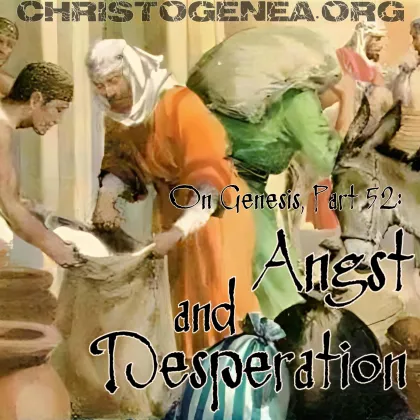

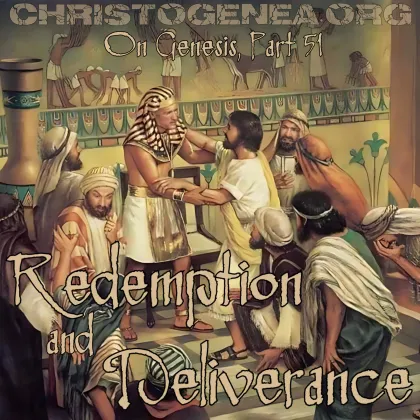
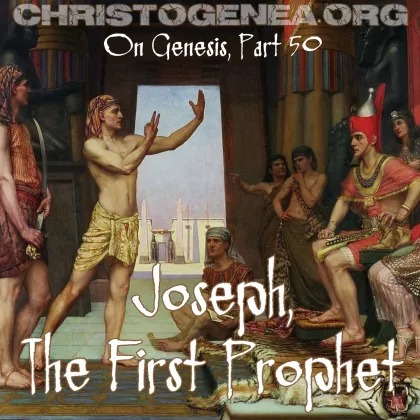

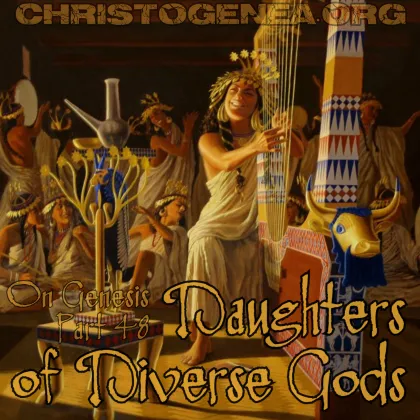

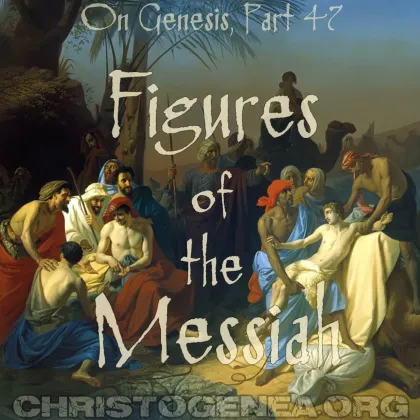



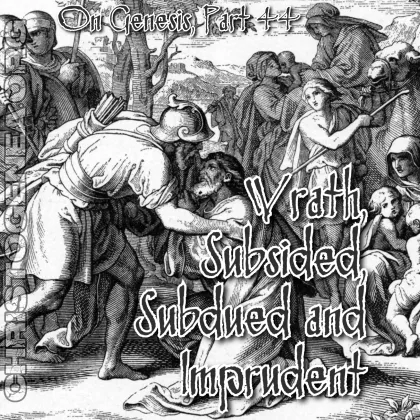
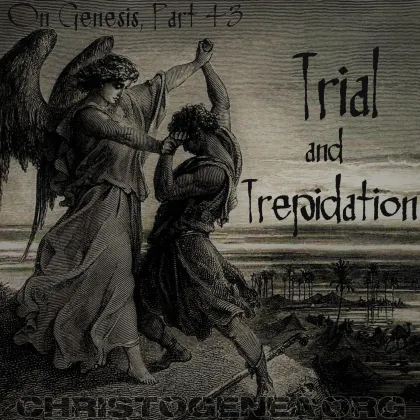


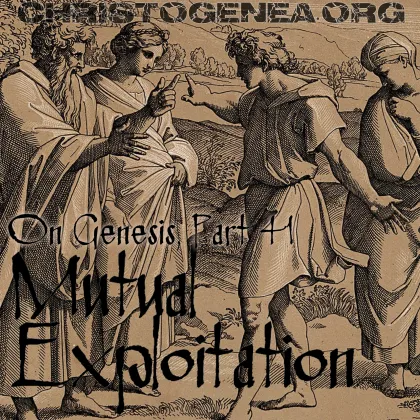
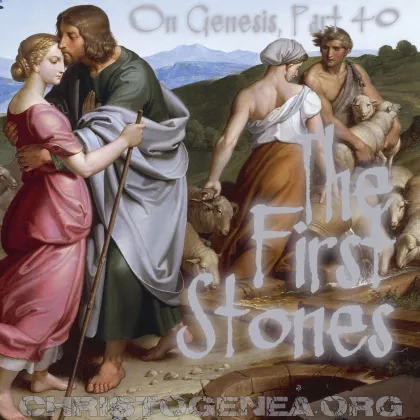





 Please click here for our mailing list sign-up page.
Please click here for our mailing list sign-up page.







